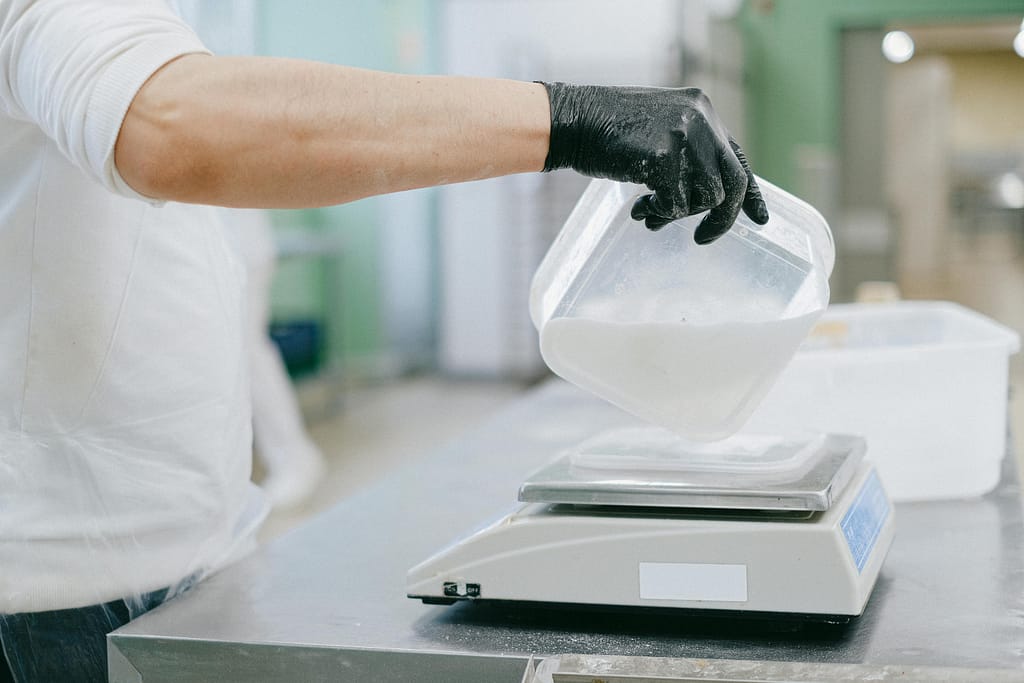Selecting the right weighing scale for your industry is a crucial decision that affects efficiency, accuracy, compliance, and profitability. Different sectors, from manufacturing and logistics to food production and healthcare, rely heavily on precision weighing systems to maintain quality and consistency. The right scale ensures accurate measurements, reduces waste, and helps businesses meet industry regulations.
With the vast range of scales available today, choosing the best fit can be challenging. This guide explores the key factors to consider when selecting a weighing scale for your industry, including capacity, accuracy, durability, technology, and maintenance requirements.
Understanding Your Industry’s Specific Requirements
The first step in choosing the right weighing scale is understanding your industry’s specific needs. As we can see at 1800 Scales, every industry has unique requirements based on the type of materials being weighed, frequency of use, and level of precision required. For example, in the food industry, hygiene and precision are top priorities.
The construction industry demands heavy-duty scales capable of measuring large loads like aggregates or cement. Laboratories require analytical balances with extreme accuracy down to milligrams.
Evaluating Capacity and Accuracy Needs
Capacity and accuracy are two of the most critical factors when selecting a weighing scale. Capacity refers to the maximum load a scale can measure, while accuracy determines how close the measurement is to the true weight. A mismatch between these two can lead to costly inefficiencies.
Pharmaceutical companies often need microbalances that provide readings accurate to a fraction of a milligram, whereas logistics firms rely on large platform scales capable of weighing several tons with reasonable accuracy. Consider your production requirements, expected volume, and tolerance for error before purchasing.
Considering the Environment and Usage Conditions
The environment where the scale will operate plays a major role in determining its longevity and reliability. Factors such as humidity, temperature fluctuations, dust, vibration, and chemical exposure can affect performance. Industrial scales used in factories or warehouses must be rugged and resistant to harsh conditions.
Laboratory or medical scales require stable, clean, and temperature-controlled environments to ensure consistent accuracy. Waterproof and corrosion-resistant models are ideal for the food and beverage sector, where cleanliness and durability are paramount. Portable or bench scales are best suited for mobile operations or retail use, where flexibility and convenience matter more than size.
Digital vs. Mechanical
Modern industries have largely shifted toward digital scales due to their precision, ease of use, and advanced features. Digital scales often come with LCDs, data logging, and connectivity options that integrate with software systems for tracking and reporting. These features make them ideal for industries that depend on data-driven decisions, such as pharmaceuticals or manufacturing.
Mechanical scales still have their place in certain settings. They are durable, don’t require power, and perform well in rugged environments where digital components might fail. Agricultural operations in remote areas often prefer mechanical scales for reliability.
Compliance, Calibration, and Certification
Accurate weighing is a regulatory concern. Many industries must adhere to strict standards regarding weight measurement accuracy, such as ISO, OIML, or NTEP certifications. Choosing a scale that meets these compliance requirements helps avoid legal and financial consequences while maintaining customer trust.
Regular calibration is equally important to ensure ongoing precision. Calibration schedules can vary depending on the intensity of use and environmental conditions, but routine checks are crucial for long-term accuracy. Working with reputable suppliers who offer calibration services and provide certificates of conformity can simplify compliance management.
Maintenance, Support, and Long-Term Value
A weighing scale is an investment that should deliver reliable performance for years. To achieve this, consider the availability of maintenance services, spare parts, and technical support. Scales that require minimal maintenance or have self-diagnostic features can reduce downtime and repair costs.
Selecting a brand known for strong customer support and warranty options adds value in the long run. Regular maintenance, including cleaning, recalibration, and inspection for wear or corrosion, helps preserve accuracy and extend equipment life. Businesses that prioritize upkeep tend to experience fewer operational disruptions and more consistent measurement performance.
Choosing the right weighing scale for your industry involves balancing precision, durability, capacity, and compliance to meet operational and regulatory demands. Whether you work in manufacturing, food processing, logistics, agriculture, or healthcare, selecting a scale that fits your workflow can enhance efficiency, minimize costly errors, and maintain product quality.
Advanced features such as digital calibration, connectivity options, and easy maintenance can further optimize performance. By understanding your industry’s unique needs and investing in high-quality equipment, you ensure consistent accuracy, reliability, and trust across all your business operations.
Published by HOLR Magazine.




